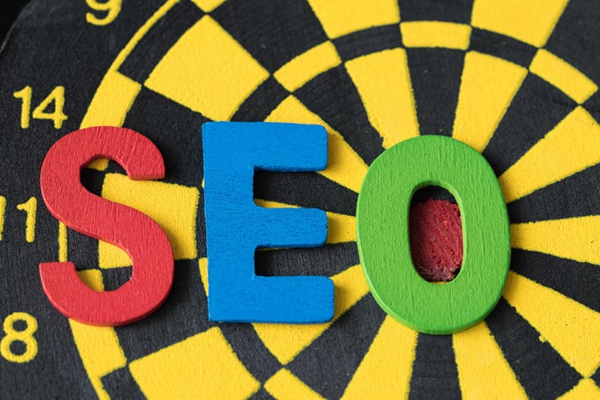At the recent Search Central Live event, Google search experts Gary Illyes and Cherry Sireetorn Prommawin discussed in depth the impact of artificial intelligence on Google search and clearly stated that AI will not overturn the basic rules of SEO. Their views were shared by Google senior product expert Kenichi Suzuki on LinkedIn, providing an authoritative interpretation for the industry on the direction of SEO in the AI era.
AI Features Rooted in Traditional Search, Core Principles Remain Unchanged
Illyes and Prommawin emphasized that emerging AI features, including AI overviews and AI modes, are built on the same underlying architecture as traditional Google search. This means that core systems such as Googlebot, the search index, and ranking algorithms remain key drivers of AI-generated results. Therefore, existing SEO principles still apply, and websites do not need to adjust their strategies or develop so-called "AI SEO" solutions. As long as websites continue to follow Google's established quality guidelines, their performance in search results will not be affected.
Additionally, Illyes specifically pointed out that Google does not deliberately distinguish between human-generated content and AI-generated content. The focus of Google is on the quality, usefulness, and credibility of the content. As long as AI-generated content meets these standards, it can also receive good visibility.

AI Deeply Integrated into the Entire Search Process
Illyes and Prommawin explained in detail how AI models are embedded in various stages of Google search:
Indexing Stage: AI assists Google in deciding when to crawl a website.
Indexing Stage: BERT language model analyzes text to understand its meaning and filters out pages that Google considers to have low value.
Spam Detection: SpamBrain system is used to capture spam.
Query Understanding: RankBrain is responsible for interpreting new and uncommon search queries, and can provide relevant search results even for questions Google has never seen before.
Information Integration: Multi-Task Unified Model (MUM) can integrate information from different formats, including text, images, and videos.
AI Overview: In the final stage of the search process, the AI overview breaks down the user query into multiple targeted sub-queries ("query expansion") and sends them in parallel to explore different angles. Subsequently, the generated summary is verified against the index through the "base" process, aiming to fact-check the output and reduce misleading information.
SEO Technical Rules Remain the Same, but Influence Faces Challenges
However, despite Google's emphasis on the unchanged core principles of SEO, recent studies have presented a different view. A survey by the Pew Research Center found that the click-through rate of regular results dropped from 15% to 8% when AI summaries appeared in search results. More notably, only 1% of users directly clicked on the source link within the summary.
